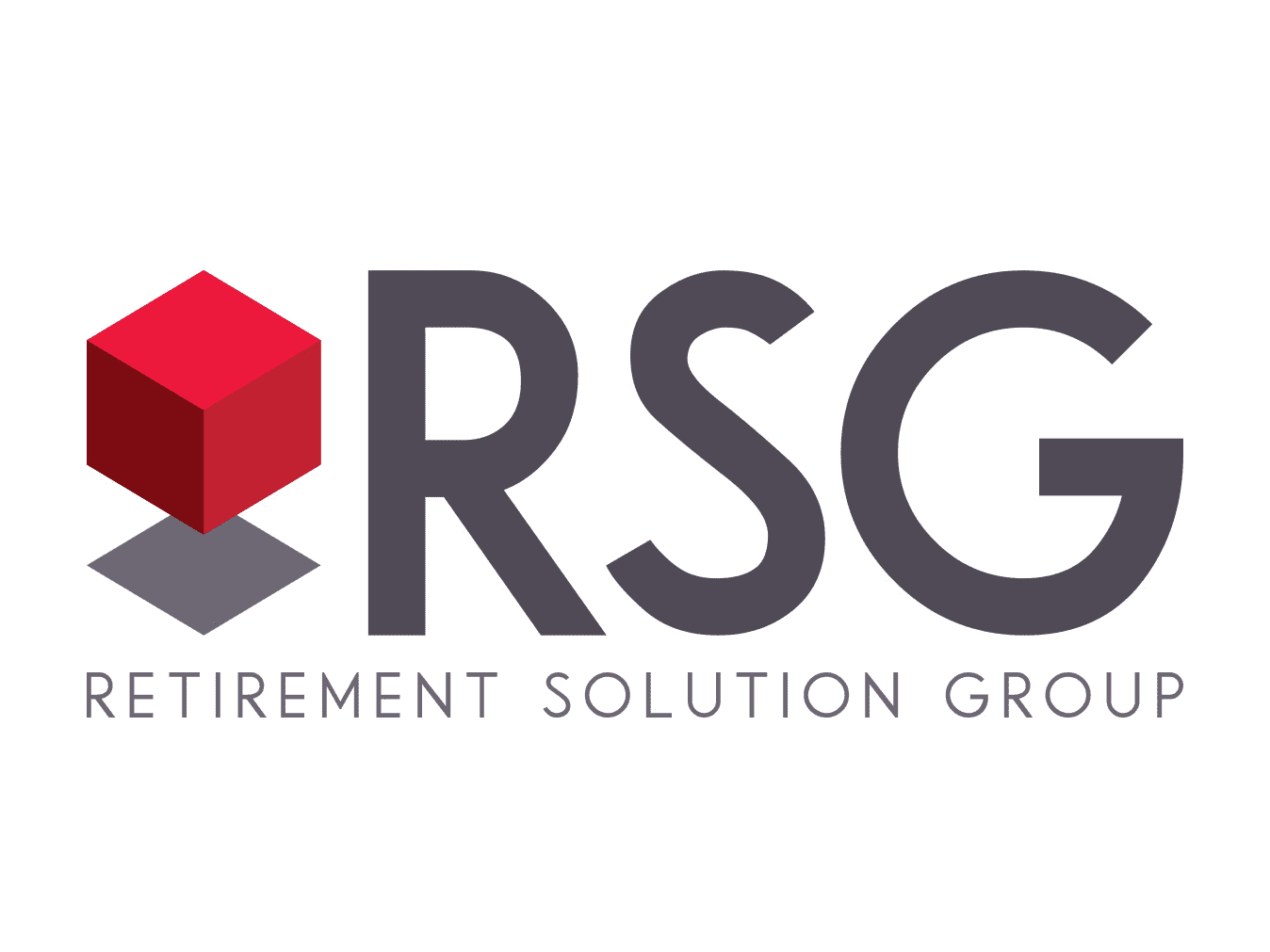Explore real-life scenarios uncovering common fiduciary pain points in retirement plans, shedding light on the importance of process-driven oversight for small businesses.
Engaging in discussions about the fiduciary process is crucial for those deeply involved in the realm of qualified retirement plans, like myself. However, with over nearly three decades in this field, I’ve observed that this topic often elicits diverse reactions within the end-user community. It’s laden with technicalities, subjective nuances, and frequently fails to resonate with the everyday experiences of readers, particularly in the small business sector.
Rather than resorting to industry jargon and AIF (Accredited Investment Fiduciary) best practices, let’s shift our focus to relatable client scenarios drawn from real-life examples. The reality is that deficiencies in the fiduciary process frequently lead to pain points, although it may not always be evident to those experiencing the administrative headaches. By exploring these genuine situations, we aim to make fiduciary concerns more pertinent to the business realities faced by many of our followers.
Two fundamental themes underpin the evaluation of ERISA fiduciaries: ensuring decisions are made in the best interest of participants and establishing a robust process.
Let’s delve into some common client scenarios based on real-life experiences to make fiduciary concerns more relatable and relevant.
1. “My 401(k) is Free.”
While significant progress has been made since the inception of 401(k) plans, challenges persist. Despite the implementation of fee disclosure notices in 2012, intended to illuminate the complexities surrounding fees, two significant issues arose. Many trustees overlooked these disclosures, and the absence of a standardized reporting framework resulted in unclear and evasive disclosures.
In many cases, small business owners delegate plan management to an internal administrator, often an office manager already burdened with numerous responsibilities. However, these owners, as trustees of the 401(k) Plan, bear the responsibility of understanding, evaluating, and periodically reviewing fees. Failure to do so constitutes a breach of fiduciary oversight. Excessive and unmanaged fees represent the primary cause of fee litigation, a trend that may expand as participant education increases and class action landscapes evolve.
If you think your plan is free (it isn’t) or you are unsure of what you pay, this is the definition of the problem.
2. “This is Not My Problem, I Hire Others.”
While some businesses opt for comprehensive outsourcing models encompassing fiduciary oversight, it’s crucial to recognize that ultimate responsibility rests with fiduciaries. Third-party administrators and advisors may assist with certain tasks, but ensuring compliance and adequacy of benefits remains the fiduciaries’ duty. Failure to provide updated Summary Plan Descriptions (SPDs) to new hires, insufficient adherence to auto-enrollment procedures, control/affiliated service group issues and lapses in distributing required notices are common compliance pitfalls.
Not only are they fiduciary concerns, they are often costly corrections. A recent consulting project fix we worked on under the IRS VCP (voluntary correction program) surpassed $2.4 mm in correction actions by the sponsor.
3. “My Preference is the Plan’s Preference.”
Small business owners wield significant influence, but it’s imperative to delineate between personal preferences and fiduciary responsibilities. Whether it’s selecting advisors based on personal connections or constructing investment lineups solely on personal beliefs, such actions contravene fiduciary standards. Fiduciaries must adhere to a process-driven approach, ensuring diversified investment options that cater to participants’ varied needs and preferences.
If an auditor with a badge asked why you used the advisor you do, the funds you selected, or the recordkeeper you offer your staff, is there a supportive process?
Embracing Fiduciary Responsibility
Being a diligent fiduciary need not be burdensome. By leveraging external expertise, aligning service providers with specific needs, and committing to ongoing oversight, fiduciaries can uphold participant-centric standards effectively.
By elucidating real-life fiduciary challenges and emphasizing the importance of process-driven decision-making, we strive to empower businesses to navigate the complexities of fiduciary responsibility with confidence and diligence.



